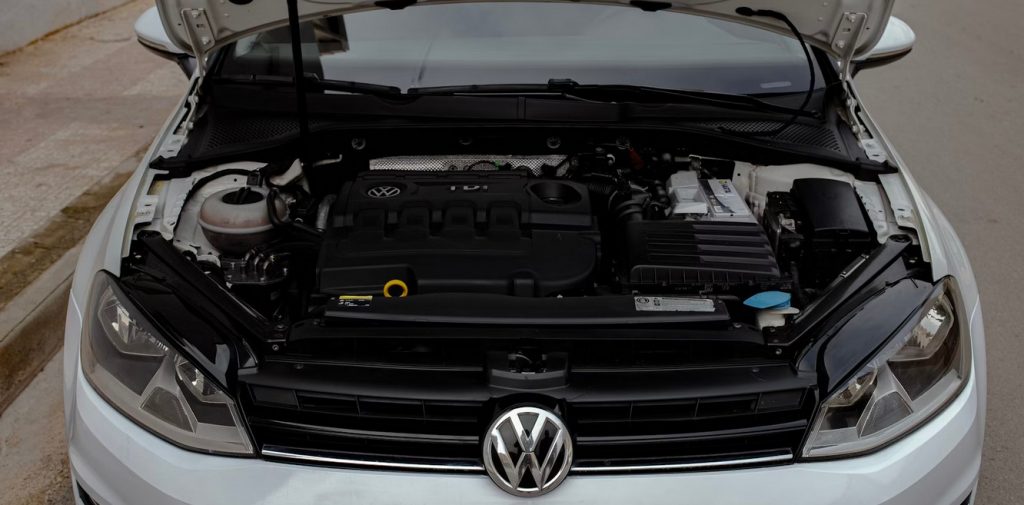When most people think about what keeps their car running, gas is usually the first thing that comes to mind. However, while gasoline is crucial for powering your vehicle, it’s far from the only fluid your car relies on. Several other essential fluids play vital roles in keeping your vehicle running smoothly and efficiently. From lubricating the engine to ensuring your brakes work properly, these fluids are fundamental to your car’s performance and longevity.
Let’s take a closer look at the essential fluids your car needs—beyond gas—and why they are so important.
1. Engine Oil
Arguably the most critical fluid in your vehicle, engine oil acts as a lubricant for the moving parts of the engine. Without proper lubrication, the friction between metal components would lead to overheating, excessive wear, and potentially catastrophic engine failure. Oil also helps in cooling the engine, cleaning impurities, and preventing rust.
It’s essential to regularly check the engine oil level and change it at the intervals recommended by your vehicle’s manufacturer (usually every 3,000 to 7,500 miles). If the oil is too low or dirty, it can cause poor performance, lower fuel efficiency, and even engine damage.
2. Coolant/Antifreeze
Coolant, also known as antifreeze, is another crucial fluid for your car. It regulates the temperature of your engine, preventing it from overheating. The engine operates at high temperatures, and without a cooling system to absorb and dissipate this heat, it could quickly overheat and seize up.
Coolant circulates through the engine, where it absorbs heat and then moves to the radiator, where the heat is released. It’s a mixture of water and antifreeze, which prevents the coolant from freezing in cold temperatures and boiling over in hot conditions. Regularly checking coolant levels and ensuring the radiator is functioning properly is key to avoiding costly engine repairs.
3. Brake Fluid
Your vehicle’s braking system is one of the most important safety features, and it relies on brake fluid to function correctly. Brake fluid is a hydraulic fluid that transfers the force from your foot pressing the brake pedal to the brake pads themselves, which then stops the wheels from rotating. Over time, brake fluid can become contaminated with moisture, which can lower its boiling point and reduce braking effectiveness.
It’s essential to check brake fluid levels regularly and flush the system according to your manufacturer’s guidelines. Low or dirty brake fluid can lead to brake failure, which could be disastrous while driving.
4. Transmission Fluid
Transmission fluid keeps your car’s transmission system running smoothly. It lubricates the gears, prevents friction, and helps in shifting between gears without causing strain. In automatic transmissions, the fluid also helps to regulate the hydraulic pressure that controls gear changes.
Over time, transmission fluid can degrade, lose its ability to lubricate effectively, or even become contaminated with metal shavings. Low or dirty transmission fluid can cause slipping gears, erratic shifting, or even complete transmission failure. For this reason, it’s important to check your transmission fluid regularly and replace it when needed, usually every 30,000 to 60,000 miles, depending on your vehicle.
5. Power Steering Fluid
Power steering fluid is essential for smooth steering. It makes it easier for you to turn the steering wheel, especially at lower speeds or when parking. Without power steering fluid, the steering system can become stiff and difficult to operate, leading to a poor driving experience and even a potential steering failure.
If you notice any difficulty in steering or hear whining noises when turning the wheel, it’s a good idea to check the power steering fluid levels. Leaks or low fluid can cause the power steering pump to overheat and fail, leading to expensive repairs.
6. Windshield Wiper Fluid
Although not as vital as the other fluids, windshield wiper fluid is essential for maintaining visibility on the road. This fluid helps to clear your windshield of dirt, rain, and other debris, ensuring you can see clearly, especially in inclement weather.
Many vehicles use a mixture of water and wiper fluid concentrate, which contains detergents and antifreeze properties. Regularly topping up your windshield wiper fluid is a small but necessary task to keep your windshield clean and free of obstructions.
7. Differential Fluid
The differential is an important part of the drivetrain system, allowing the wheels to rotate at different speeds, especially when turning. Differential fluid helps lubricate the gears inside the differential, preventing wear and tear. It also helps dissipate heat generated by the gears during use.
This fluid is typically checked during regular maintenance or oil changes, especially if your vehicle is used for towing or driving in harsh conditions. If differential fluid levels are low or the fluid is contaminated, it can lead to poor handling and costly repairs.
In Conclusion
While gasoline powers your vehicle, it’s the other critical fluids—engine oil, coolant, brake fluid, transmission fluid, power steering fluid, windshield wiper fluid, and differential fluid—that ensure your car operates smoothly and efficiently. Regular monitoring and maintenance of these fluids are vital to vehicle ownership, promoting optimal performance, extending the life of your car, and preventing costly repairs.
In modern vehicles, pressure transducers are increasingly used to monitor the fluid pressure in real time, providing valuable insights into the health of these systems. By actively managing fluid levels and employing pressure transducers to detect potential issues early, you can maintain your car’s peak performance, ensuring a safer and more reliable driving experience for years to come.


